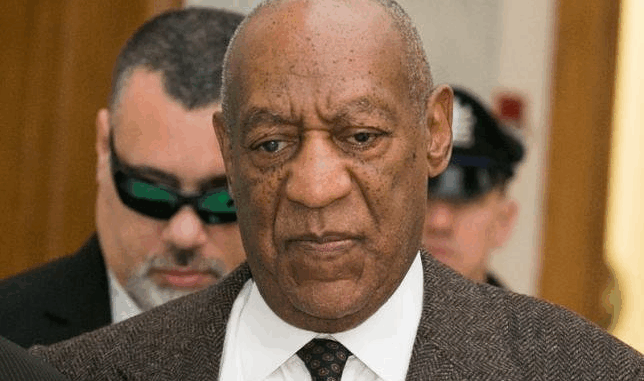
Hero or Villain? When Nostalgia Meets the Truth
In the 1980s, The Cosby Show wasn’t just a sitcom — it was a cultural reset. It introduced America to an upper-middle-class Black family, challenged racial stereotypes, and delivered warmth, humor, and life lessons to millions. But in today’s climate, the line between “beloved” and “blemished” is thinner than ever.
Bill Cosby’s legal scandals have already altered his public persona irrevocably. But now, the show’s very existence is under question. According to a recent Variety survey, over 60% of respondents believe the show “should no longer be aired in any form.”
Streaming Services Under Fire
Platforms like Netflix, Hulu, and Amazon Prime previously pulled The Cosby Show from their catalogs. However, a recent move by an indie streaming service to reintroduce the show “for its cultural and artistic value” has reignited controversy.
“They’re normalizing trauma,” one Twitter user with over 2 million followers posted. Meanwhile, others argue for historical transparency: “You don’t heal a nation by erasing its history. You confront it.”
Cancel Culture: Progress or Punishment?
Cancel culture has helped expose hidden abuse and demand accountability. But it’s also sparked debates over redemption, forgiveness, and whether it’s possible — or fair — to separate art from its creator.
“The Cosby Show represents a massive moment in pop culture,” says Dr. Elaine Marshall, a media ethics professor at Columbia University. “But in 2025, legacy isn’t enough. Accountability is the new currency.”
She adds: “We’re no longer just consuming entertainment — we’re making value judgments about the people who create it.”
